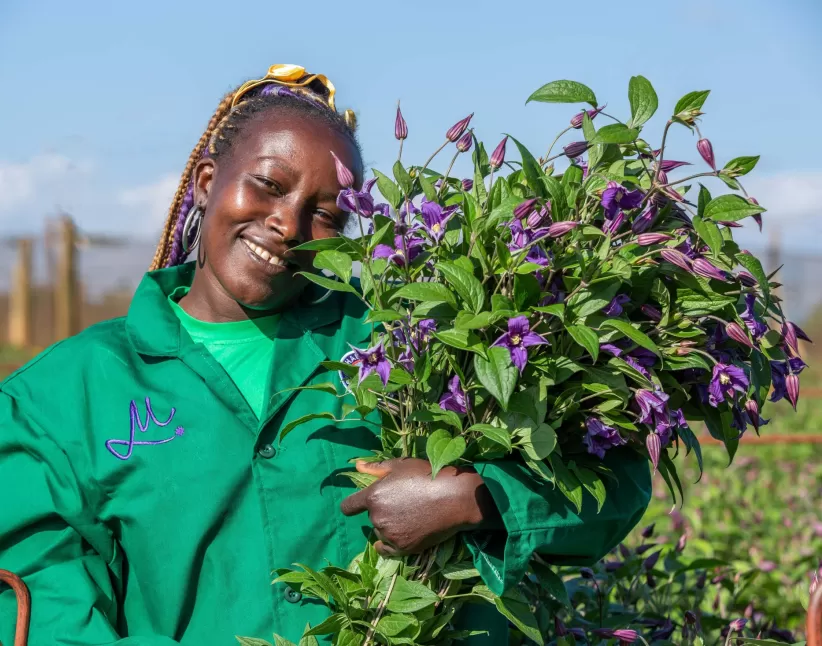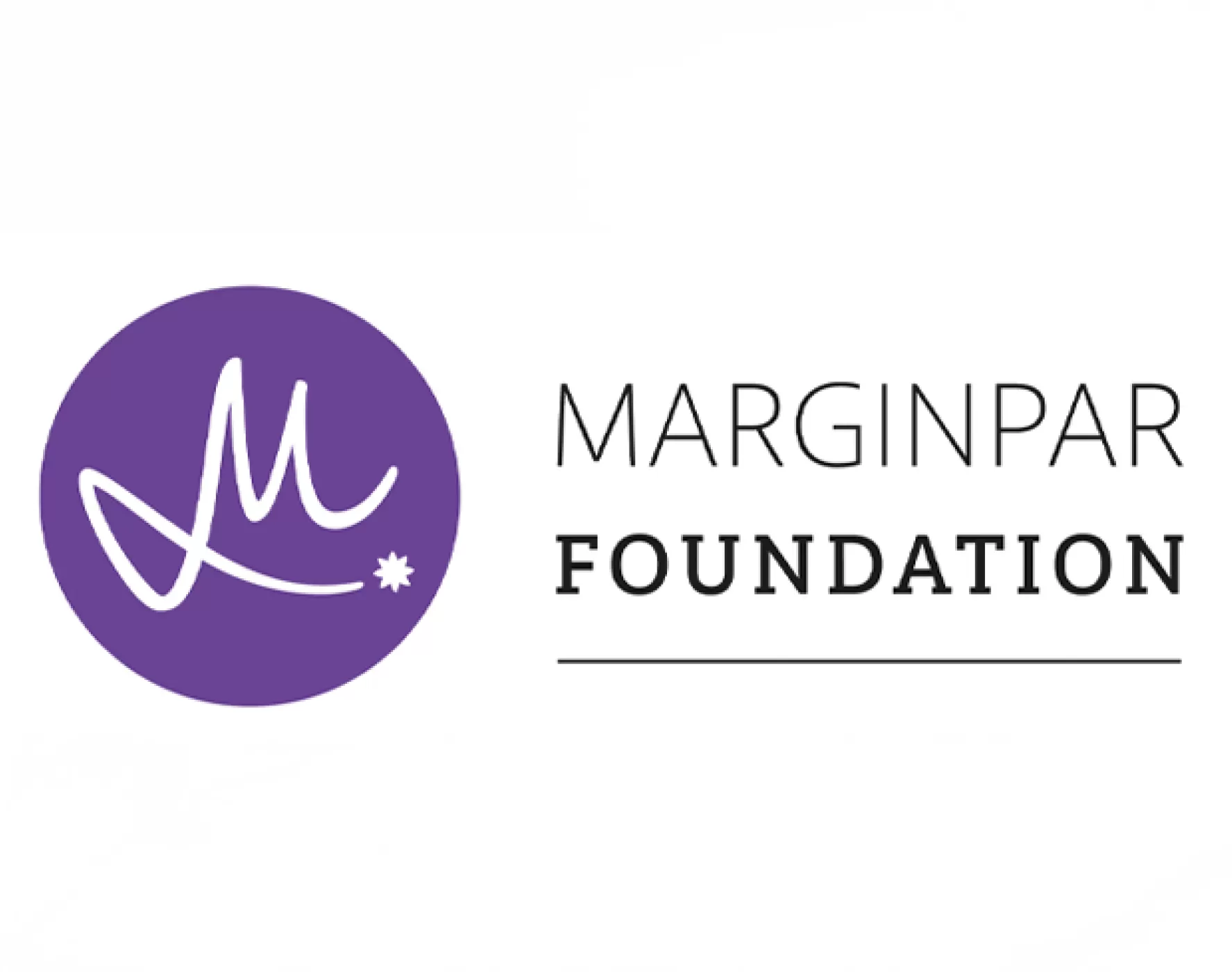
ave you heard about Marginpar’s people centric approach? At Marginpar we say “We grow people, our people grow unique flowers.” Recently, our story grew even bigger.
People are the backbone of our organisation
For years, the Marginpar Group has been supporting communities around our flower farms. It’s where most of our employees, and their families, live. From the group’s core values, Marginpar believes that people are the backbone of the organisation, and the backbone of the community.
From this belief, we want to empower people and support our local communities in growing their people and continuously improving their wellbeing. The Marginpar Foundation was founded to widen our community-oriented projects.
”We grow people, our people grow great communities.
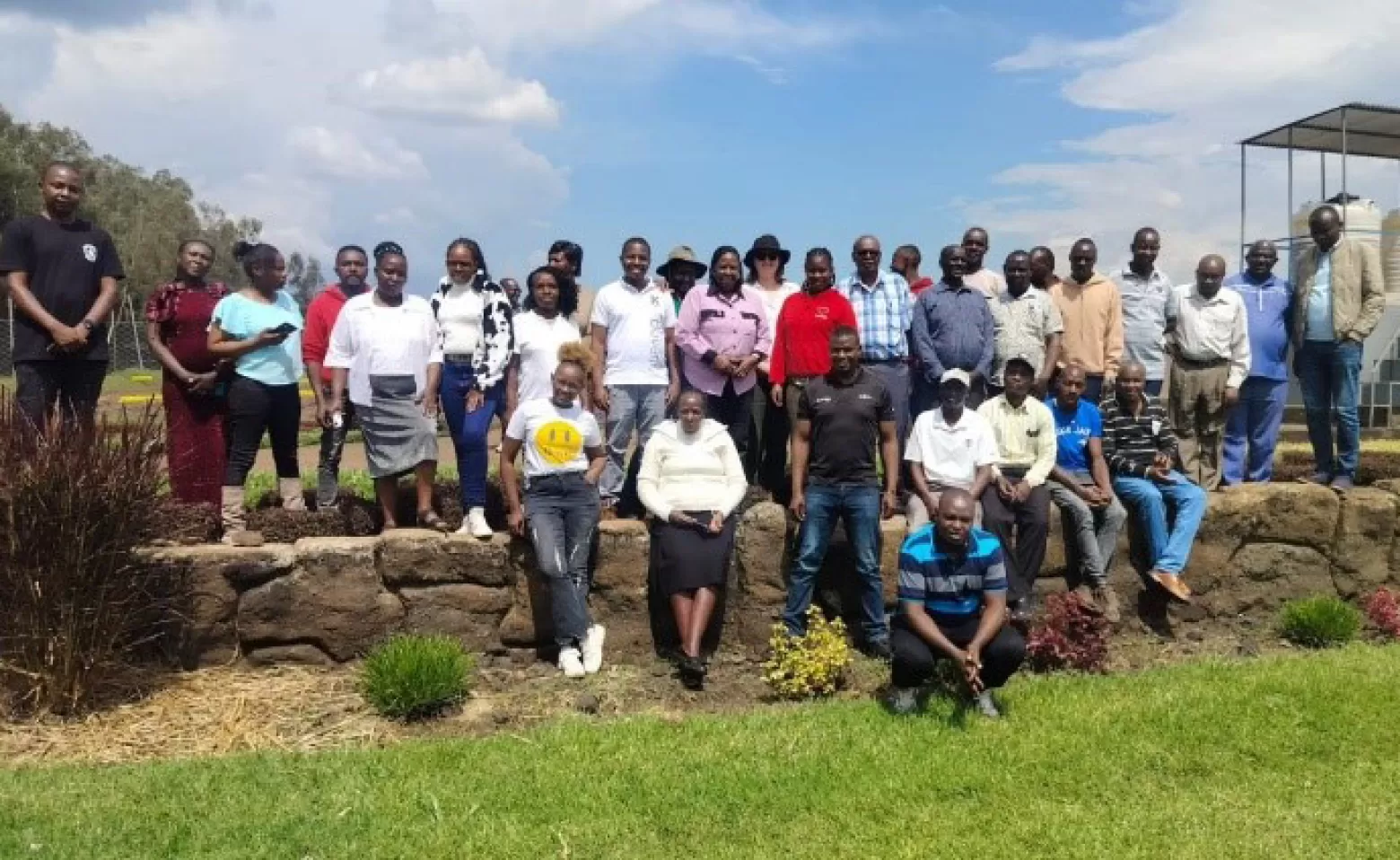
Community ownership
By focusing on empowerment and cultivating ownership within the communities, the Foundation aims to support their efforts to enhance overall quality of life. Seeking out the specific needs per community is no easy task. The new approach will align its programs with the specific needs and aspirations of the communities it serves. The team started with an independent baseline survey, talking to each and every community around our seven Kenyan farms.
”Only those living within these communities can truly understand where the greatest impact can be made.
After the survey was completed, there have been ongoing group discussions held with each community. The meetings opened up the conversation around the community’s perspective on their challenges and needs.
Project selection
The results will be used to measure progress of projects in the future, rather than decide required projects. Communities will propose projects to the foundation for funding and support. So which kind of projects qualify? Proposals that fall under education, health, infrastructure, environment or community resources.
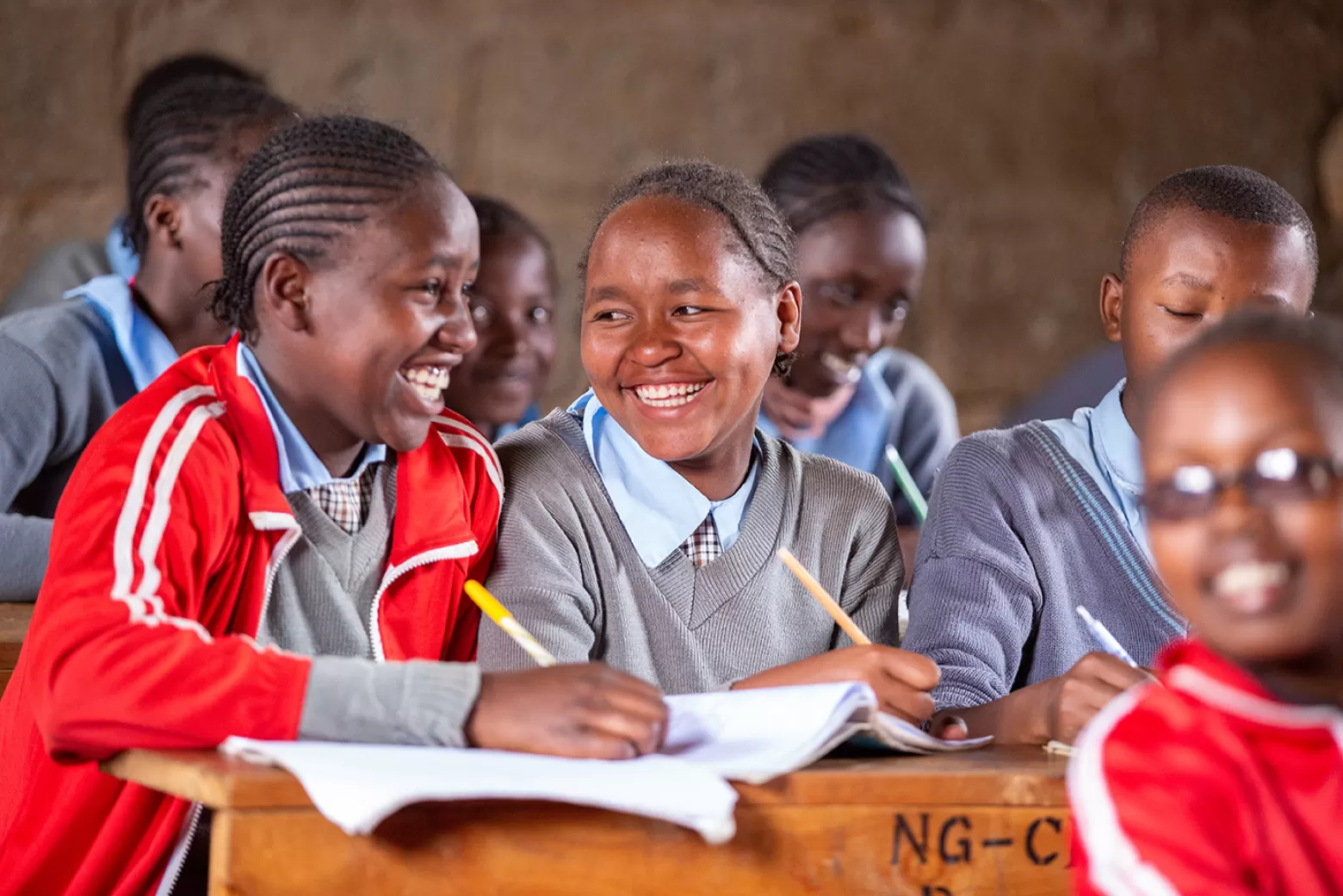
Capacity building programs
The next step is towards capacity building training programs, which are important for driving sustainable community development. The training focuses on developing the skills and knowledge of individuals and communities, empowering them to recognise root causes and develop initiatives. But most importantly, how to manage programs and collaborate. The Foundation has partnered with an NGO called DESECE, a development education provider who champion empowerment and development in communities. They have trained community groups worldwide, and will run a 3-phase training program for the Foundation between now and 2027.
In August of this year, we held a workshop with members of all seven communities for an introduction to the principles of capacity building. The community were incredibly receptive to, and excited by the training. It is this group who created our motto; “we grow people, our people grow great communities.”
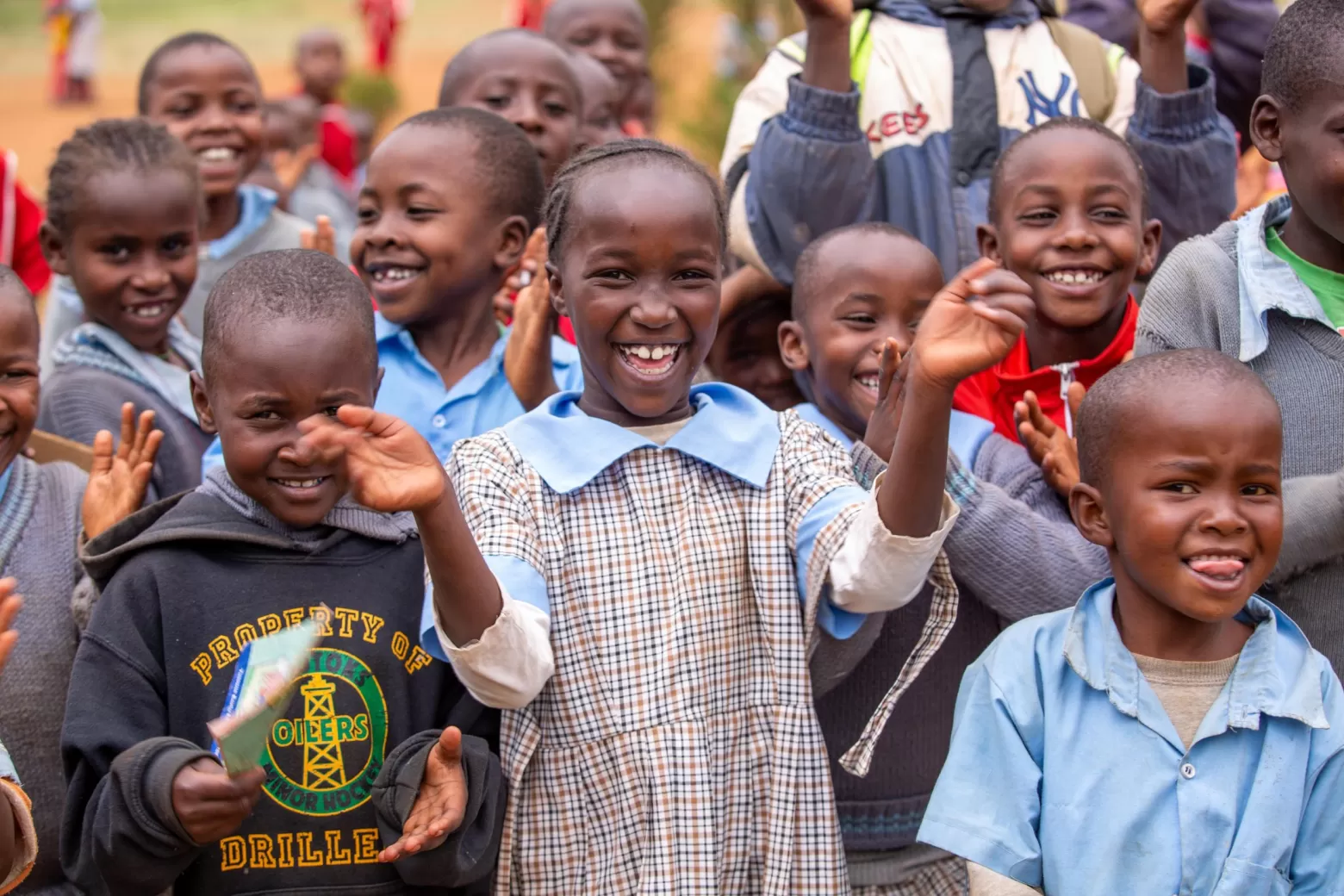
Development ownership
The overall intention is to empower communities to become active drivers and owners of their own development. The intended outcome is for communities to develop their own projects for the Foundation to support. These projects will hopefully develop spin offs such as their own community-based organisations and self-help groups which are government funded.
Shared values
A key element in the Marginpar Group culture is workspace ownership, to empower employees in their performance. There is a beauty in the shared values between Marginpar's culture, the Foundation and DESECEs.
Challenges and pitfalls
When starting a Foundation, it can be daunting to determine objectives and strategy. The communities around the Marginpar Group are all very different, with different backgrounds, and based in very different locations across central and western Kenyan. We cannot completely know or understand any community we are working with. So, whilst community led development is proven effective, it also was the most viable way for the Foundation to create any impact.
”The capacity already exists, you just need the tools to utilise it.
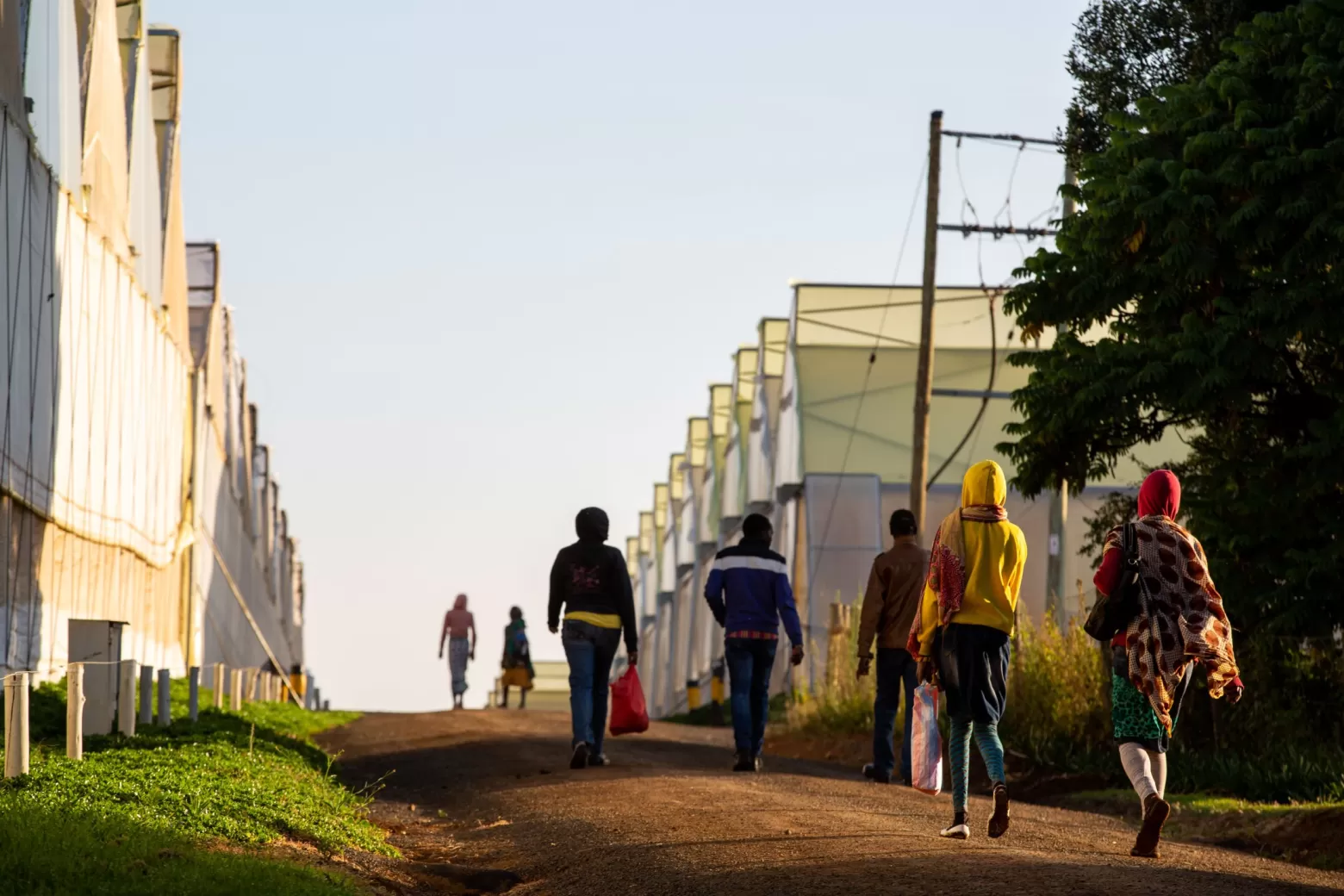
Capacity strengthening
The start of the capacity building programs, hopefully marks the start of a long-standing relationship between the Foundation and the communities. For the communities to see the Foundation as a support mechanism in their development, rather than a leader.

